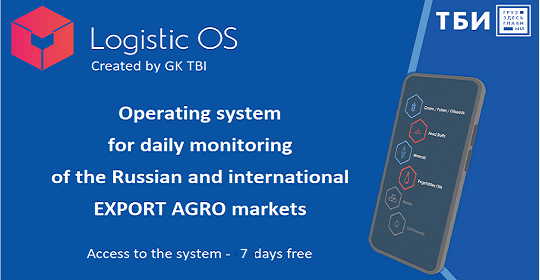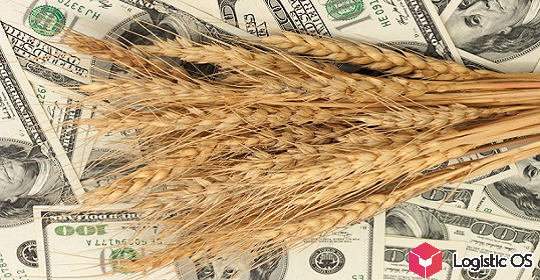One of the main conditions for growth is to ensure the supply of imported fertilizers in the volume required by the agro-industrial complex.
The production of grains and legumes in the country is growing: according to the National Supply Company (Conab), for the 2021/2022 season, wheat production, for example, reached 9.5 million tons, which is 24% more than the 2020/2021 season .
Soybean production is not lagging behind in results: according to analysts, at least 153.3 million tons will be harvested in 2023: as of January 5, 51% of soybean crops were in the flowering phase.
The weather is favorable for a good harvest: there is enough rainfall.
Agrarians are also provided with fertilizers: for the ripening of large and heavy grain, timely feeding with potash fertilizers in sufficient quantities is important.
The country is increasing domestic production of special fertilizers: by the end of October 2022, 641 thousand tons were produced, which is 1.9% more than the same period in 2021.
Despite all the geopolitical turmoil of the past year, imported fertilizers have been steadily flowing into Brazil: by October 2022, fertilizer purchases amounted to $ 22.3 billion, which is 96.8% more than the previous year.
The main supplier of fertilizers to Brazil is Russia: the share of imports of products from our country is 21% (7 million tons).
In addition to Russia, fertilizers are imported to Brazil by two other major suppliers: China and Canada.
The recent inauguration ceremony of the President of Brazil, Luis Inacio Lula da Silva, was attended by the Chairman of the Federation Council of the Russian Federation, Valentina Matvienko (more than 100 delegations and more than 20 heads of state participated in the ceremony).
The informal summit held in Brazil at the beginning of 2023 made it possible to hold a large number of bilateral meetings and discuss prospects for cooperation.
The Speaker of the Council of Federations stressed that Brazil, represented by Lula da Silva, stood at the origins of the creation of BRICS, an authoritative association that many countries aspire to join.
Valentina Matvienko noted that “Brazil pursues an independent foreign policy, is not influenced from outside, acts in a neutral manner and defends its national interests”.
Trade and economic relations between Russia and Brazil are developing dynamically: in 2023, the countries expect mutual trade turnover in the region of $9 billion.
Russia is Brazil’s largest partner in the supply of fertilizers, Valentina Matvienko stressed, and plans to remain so in the future, providing the Brazilian agro-industrial complex with the necessary volumes.

